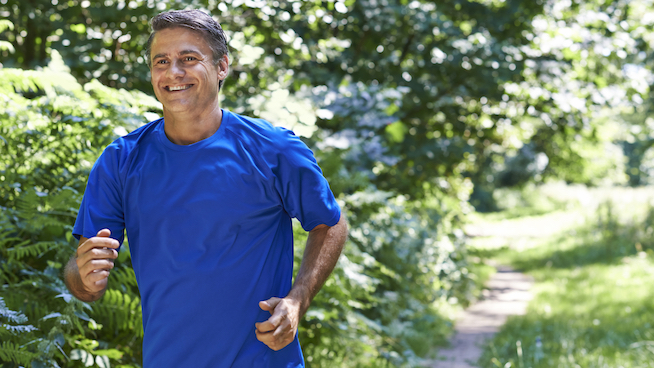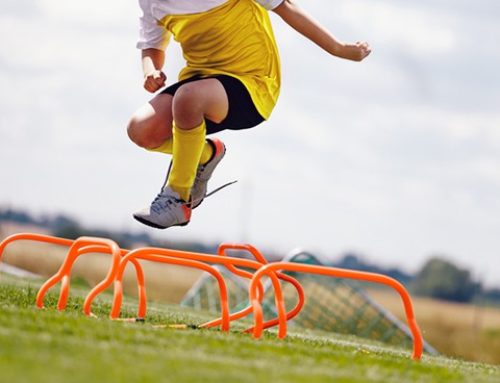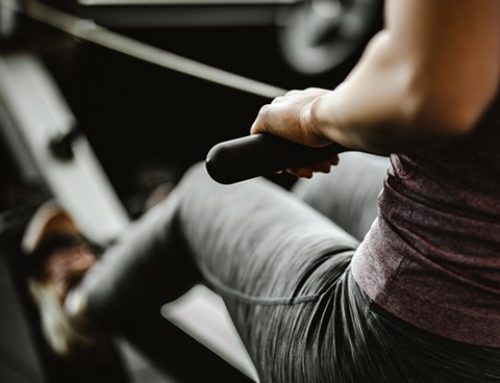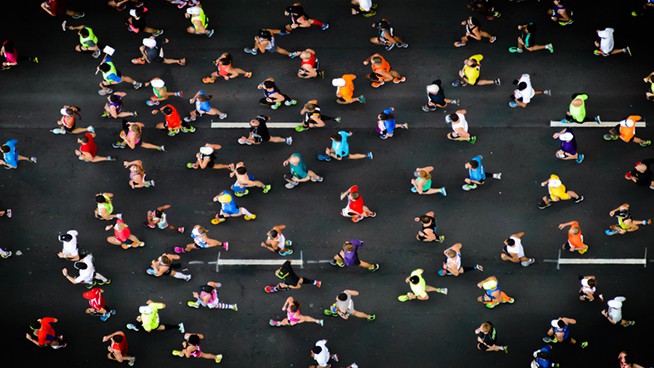As a lifelong runner, you’ve never gotten over the thrill of feeling your sneakers pound against the pavement. You love the way your lungs swell and deflate to power your body with oxygen, the familiar sensation of flying through the air. But you’ve also noticed that your mile times aren’t necessarily improving with practice anymore. Your typical routine leaves you more sore than usual, and some mornings you wake up aching instead of refreshed. Don’t panic—you’re just getting older.
Aging can be difficult to cope with emotionally for a runner. You’re losing some of your physical strength, and your body needs significantly more time to recover than it used to. You may feel as though you’re losing out on your ability to enjoy running as a hobby. But don’t despair—there’s no reason to quit your hobby just because you’re getting older. In fact, studies have shown that sticking with the hobby can greatly improve your health in your old age and extend your lifespan.
Although you feel weaker than you used to, running regularly can actually stave off many symptoms of aging, which means you’re better off keeping your sneakers around. Here are five things to keep in mind about running as you get older.

1. Don’t overwork yourself
Running is an excellent hobby, and until now you’ve been used to increasing your limits as much as possible. But as you age, you lose some of your muscle mass and energy, which means you just won’t have the same abilities you did when you were younger. Avoid trying to push yourself as much as possible; read your body’s signals. Rest is a critical aspect of a healthy running routine, and you may need more resting time these days. Take warm baths regularly to soothe your muscles, add another rest day between workouts as needed and spend your downtime walking instead of remaining sedentary.
2. Pair exercise with appropriate nutrition
Because you’re still active, you should make sure your diet continues to accommodate your caloric needs. After all, you need energy to continue running, and you need food to have that energy. But at the same time, as you age and as your muscle mass decreases, so do your caloric needs. You won’t need to eat the same power meals you did when you were 25—cut back to an appropriate caloric intake for your age and activity level. Eating the same amount as you did before can contribute to back fat and weight gain, which will make running harder on your aging body and decrease your energy levels even further.
3. Running protects your aging heart
A top reason you shouldn’t give up running entirely is that running in your old age provides immense benefits to your heart health. A study conducted by the Stanford University School of Medicine published in 2008 found that people who ran in their old age developed fewer disabilities and had a longer lifespan and more energy in their old age.
Running protects your heart. Another study published in 2011 and conducted at the University of New Hampshire found that older runners retain the same economical efficiency in their running as young runners, while non-runners see a significant drop-off. In other words you can preserve your physical performance by remaining active and athletic, even if your times slow down and your joints start hurting a little more.
4. You will get slower over time
Although staying active can help preserve your economical efficiency, it can’t prevent all effects of natural wear and tear. As you age, your joints are going to start aching, your body is going to need more time to recover from the normal microtears you develop as you push yourself and your tendons may get stiffer with time as well. These are all part of the inevitable aging process—take this in stride.
5. Remember to enjoy your run
The most important thing to keep in mind about running as you age is that first and foremost, you should be enjoying your exercise. After all, you became a lifelong runner because you just couldn’t fight the itch to go out and fly down the sidewalk again. Exercise is healthy, produces natural endorphins and protects your body from the worst signs of aging. Even though you won’t necessarily be tearing up the field and dominating races, you can still enjoy the activity. Embrace the natural process of aging and remember that running is healthy exercise that keeps you healthy and active.
Your body will get slower as you age, but your running doesn’t have to slow down. Be gentle with yourself, learn to read the changes in your developing body and don’t try to compete with the younger you. You’re not a youngster anymore—there’s no reason to compare yourself to one.
Photo Credit: Highwaystarz-Photography
READ MORE:
RECOMMENDED FOR YOU
MOST POPULAR
As a lifelong runner, you’ve never gotten over the thrill of feeling your sneakers pound against the pavement. You love the way your lungs swell and deflate to power your body with oxygen, the familiar sensation of flying through the air. But you’ve also noticed that your mile times aren’t necessarily improving with practice anymore. Your typical routine leaves you more sore than usual, and some mornings you wake up aching instead of refreshed. Don’t panic—you’re just getting older.
Aging can be difficult to cope with emotionally for a runner. You’re losing some of your physical strength, and your body needs significantly more time to recover than it used to. You may feel as though you’re losing out on your ability to enjoy running as a hobby. But don’t despair—there’s no reason to quit your hobby just because you’re getting older. In fact, studies have shown that sticking with the hobby can greatly improve your health in your old age and extend your lifespan.
Although you feel weaker than you used to, running regularly can actually stave off many symptoms of aging, which means you’re better off keeping your sneakers around. Here are five things to keep in mind about running as you get older.

1. Don’t overwork yourself
Running is an excellent hobby, and until now you’ve been used to increasing your limits as much as possible. But as you age, you lose some of your muscle mass and energy, which means you just won’t have the same abilities you did when you were younger. Avoid trying to push yourself as much as possible; read your body’s signals. Rest is a critical aspect of a healthy running routine, and you may need more resting time these days. Take warm baths regularly to soothe your muscles, add another rest day between workouts as needed and spend your downtime walking instead of remaining sedentary.
2. Pair exercise with appropriate nutrition
Because you’re still active, you should make sure your diet continues to accommodate your caloric needs. After all, you need energy to continue running, and you need food to have that energy. But at the same time, as you age and as your muscle mass decreases, so do your caloric needs. You won’t need to eat the same power meals you did when you were 25—cut back to an appropriate caloric intake for your age and activity level. Eating the same amount as you did before can contribute to back fat and weight gain, which will make running harder on your aging body and decrease your energy levels even further.
3. Running protects your aging heart
A top reason you shouldn’t give up running entirely is that running in your old age provides immense benefits to your heart health. A study conducted by the Stanford University School of Medicine published in 2008 found that people who ran in their old age developed fewer disabilities and had a longer lifespan and more energy in their old age.
Running protects your heart. Another study published in 2011 and conducted at the University of New Hampshire found that older runners retain the same economical efficiency in their running as young runners, while non-runners see a significant drop-off. In other words you can preserve your physical performance by remaining active and athletic, even if your times slow down and your joints start hurting a little more.
4. You will get slower over time
Although staying active can help preserve your economical efficiency, it can’t prevent all effects of natural wear and tear. As you age, your joints are going to start aching, your body is going to need more time to recover from the normal microtears you develop as you push yourself and your tendons may get stiffer with time as well. These are all part of the inevitable aging process—take this in stride.
5. Remember to enjoy your run
The most important thing to keep in mind about running as you age is that first and foremost, you should be enjoying your exercise. After all, you became a lifelong runner because you just couldn’t fight the itch to go out and fly down the sidewalk again. Exercise is healthy, produces natural endorphins and protects your body from the worst signs of aging. Even though you won’t necessarily be tearing up the field and dominating races, you can still enjoy the activity. Embrace the natural process of aging and remember that running is healthy exercise that keeps you healthy and active.
Your body will get slower as you age, but your running doesn’t have to slow down. Be gentle with yourself, learn to read the changes in your developing body and don’t try to compete with the younger you. You’re not a youngster anymore—there’s no reason to compare yourself to one.
Photo Credit: Highwaystarz-Photography
READ MORE:











